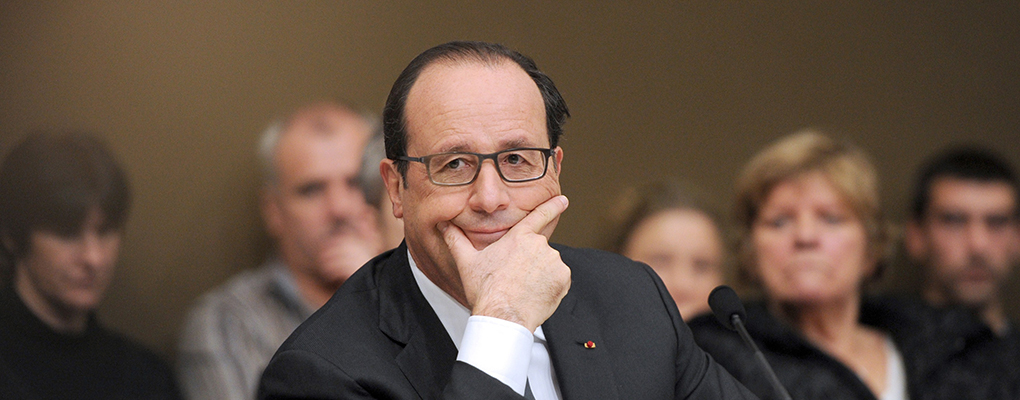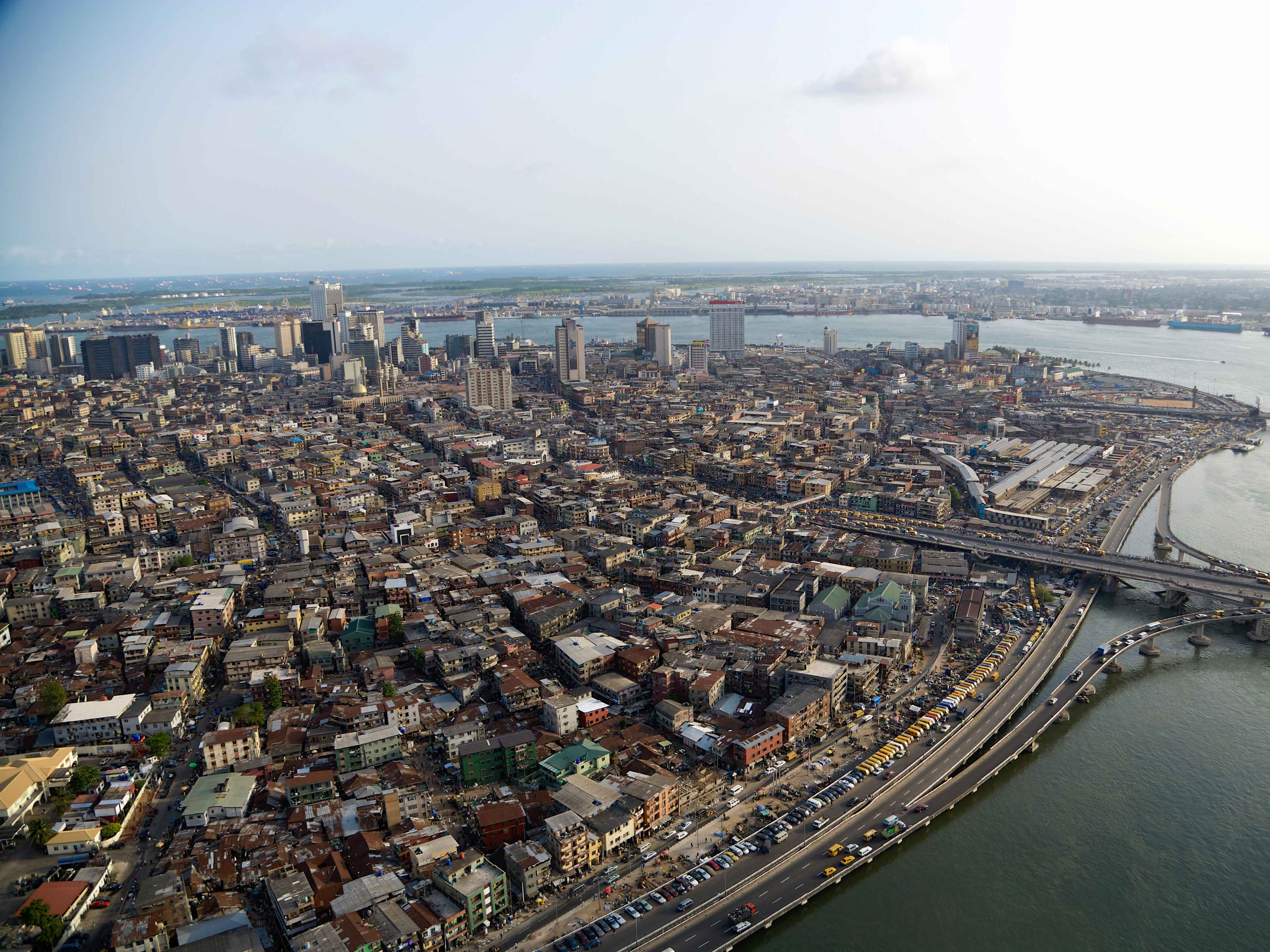The government’s answer to its economic woes was the so-called Responsibility Pact, introduced in January 2014. Criticised for its austerity, it consisted of tax breaks for businesses totalling €40bn, on the condition that employers commit fully to the creation of jobs in return. But almost a year on, unemployment has continued to rise, causing the plan to be branded a failure by a top economic minister, and Hollande’s government has been left scrabbling for the next solution.
That next solution came in early December, in the form of a new bundle of policies aimed at loosening France’s inflexible labour regulations. Dubbed ‘Macron’s Law’ after the economy minister who presented it, the new policies include relaxing Sunday and evening retail opening hours, lifting restrictions on new bus lines to increase the competition with national rail operator SNCF, and an overhaul of legal professions, intended to make the process of starting a new firm easier.
Of course, changes are never going to please everyone, and thousands took to the streets in protest after Macron outlined his plans. A former Rothschild investment banker, he is the youngest member of Hollande’s government at 36, and many were quick to voice their doubts about his unexpected appointment in August. A poll published by French business daily Les Echos in August found that nine out of 10 French people disapprove of the government’s economic policy. In 2015, it’s possible that these mounting political tensions could deter foreign investors and further exacerbate the country’s economic woes.
If Macron and Hollande’s attempts at solving the unemployment problem are unsuccessful and job prospects continue to worsen, French voluntary diaspora could become an increasingly likely possibility. The country’s EU membership makes it easy for its citizens to work and live elsewhere, but a migration of talent would be the final nail in the coffin for its economy.
With the country already under close surveillance by the European Commission, it’s clear that disapproval of its government’s economic policies is a view shared by many more than just its citizens. France is already dragging down economic results for the region, and until growth picks up, there’s an increasing risk that the sickness could spread to infect other Eurozone countries. Perhaps pressure from the EC will give the government the push it needs to act more boldly and make real changes to improve employment prospects, but if not, it’s doubtful that many will protest to Hollande’s retreat from presidency in 2017.
post-navigation" role="navigation" aria-label="Posts">










